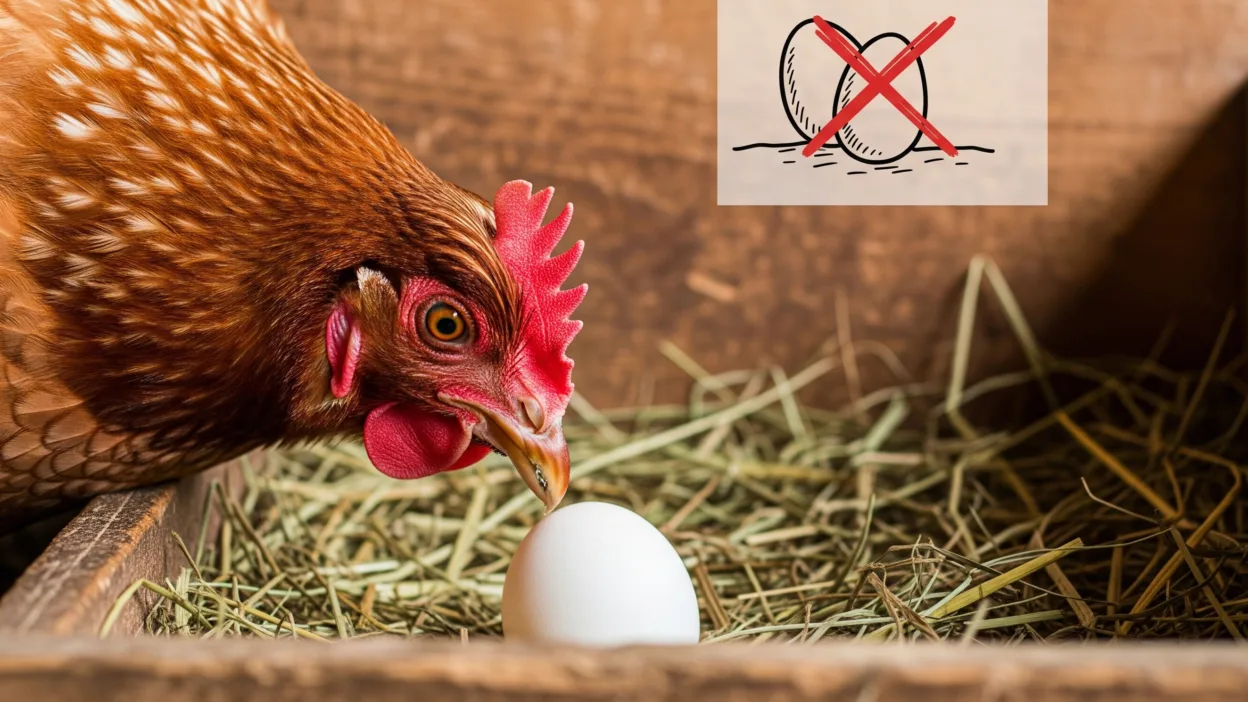How to Prevent Egg Eating in Hens: Effective Strategies for Happy, Healthy Flocks
Egg eating in hens is a frustrating and common problem for backyard chicken keepers and homesteaders. If you’ve discovered cracked or missing eggs in your coop, you might be dealing with hens that have developed the bad habit of eating eggs. Not only does egg eating reduce your harvest, but it can also spread to other hens and cause serious disruption in your flock. In this comprehensive guide, we’ll explore why hens eat eggs and provide proven tips on how to prevent egg eating in hens to protect your valuable eggs and keep your flock healthy.
Why Do Hens Eat Their Own Eggs?
Understanding why egg eating happens is the first step to stopping it. Some common reasons include:
- Nutritional Deficiencies: Hens lacking calcium or protein may eat eggs to supplement their diet.
- Boredom and Stress: Crowded, bored, or stressed hens may peck at eggs out of curiosity or frustration.
- Accidental Discovery: A hen might accidentally crack an egg and discover it tastes good, leading to repeated behavior.
- Poor Nesting Conditions: Dirty, cramped, or poorly designed nests make eggs more vulnerable to breakage and pecking.
- Lack of Enough Nesting Boxes: Competition for nesting spots can increase stress and egg breakage.
How to Prevent Egg Eating in Hens: Top Tips
1. Provide Adequate Nutrition
Ensure your hens receive a balanced diet rich in calcium and protein. Adding crushed oyster shells or ground eggshells to their feed can help prevent calcium deficiency, which is a common cause of egg eating.
2. Keep Nesting Boxes Clean and Comfortable
Clean nesting boxes regularly to remove broken eggs or debris that attract pecking. Use soft bedding like straw or wood shavings to cushion eggs and prevent cracking. Make sure nests are spacious enough to accommodate your flock comfortably.
3. Increase the Number of Nesting Boxes
The general rule is one nesting box for every 4-5 hens. More boxes reduce competition and stress, minimizing the chance of egg damage and eating.
4. Collect Eggs Frequently
Remove eggs from the coop at least twice a day. Frequent collection reduces the opportunity for hens to discover and peck eggs.
5. Use Roll-Away or Trap Nest Boxes
Special nest boxes designed to roll eggs away immediately after laying can prevent hens from accessing eggs altogether. Trap nests can help identify egg eaters by isolating them.
6. Provide Ample Space and Enrichment
Bored hens are more likely to pick at eggs. Give your flock plenty of space, dust baths, perches, and enrichment activities to keep them mentally and physically engaged.
7. Distract with Treats or Egg Substitutes
Sometimes offering alternative calcium-rich treats or even fake eggs (ceramic or wooden) can discourage egg eating. Some keepers use hard-boiled eggs sprinkled with hot sauce to deter pecking.
8. Identify and Separate Egg Eaters
If the problem persists, observe your flock to spot the guilty hen(s). Isolate them temporarily to break the habit before reintroducing.
Signs Your Hen Is Eating Eggs
- Missing or cracked eggs in nesting boxes
- Feather loss around the vent or neck area from pecking
- Unusual pecking behavior around nests
- Sudden drop in egg production
Why Preventing Egg Eating Matters
Egg eating can lead to:
- Significant loss of fresh eggs
- Spread of bad habits within the flock
- Increased risk of infections from broken eggs
- Reduced flock morale and increased stress
Stopping egg eating early protects your flock’s productivity and welfare.
Final Thoughts: Keep Your Eggs Safe and Your Hens Happy
Egg eating is a challenge many chicken keepers face, but with patience and consistent management, it’s possible to break the habit. By providing balanced nutrition, clean and comfortable nesting, and regular egg collection, you’ll create an environment where your hens are less likely to turn to eggs as a snack.



